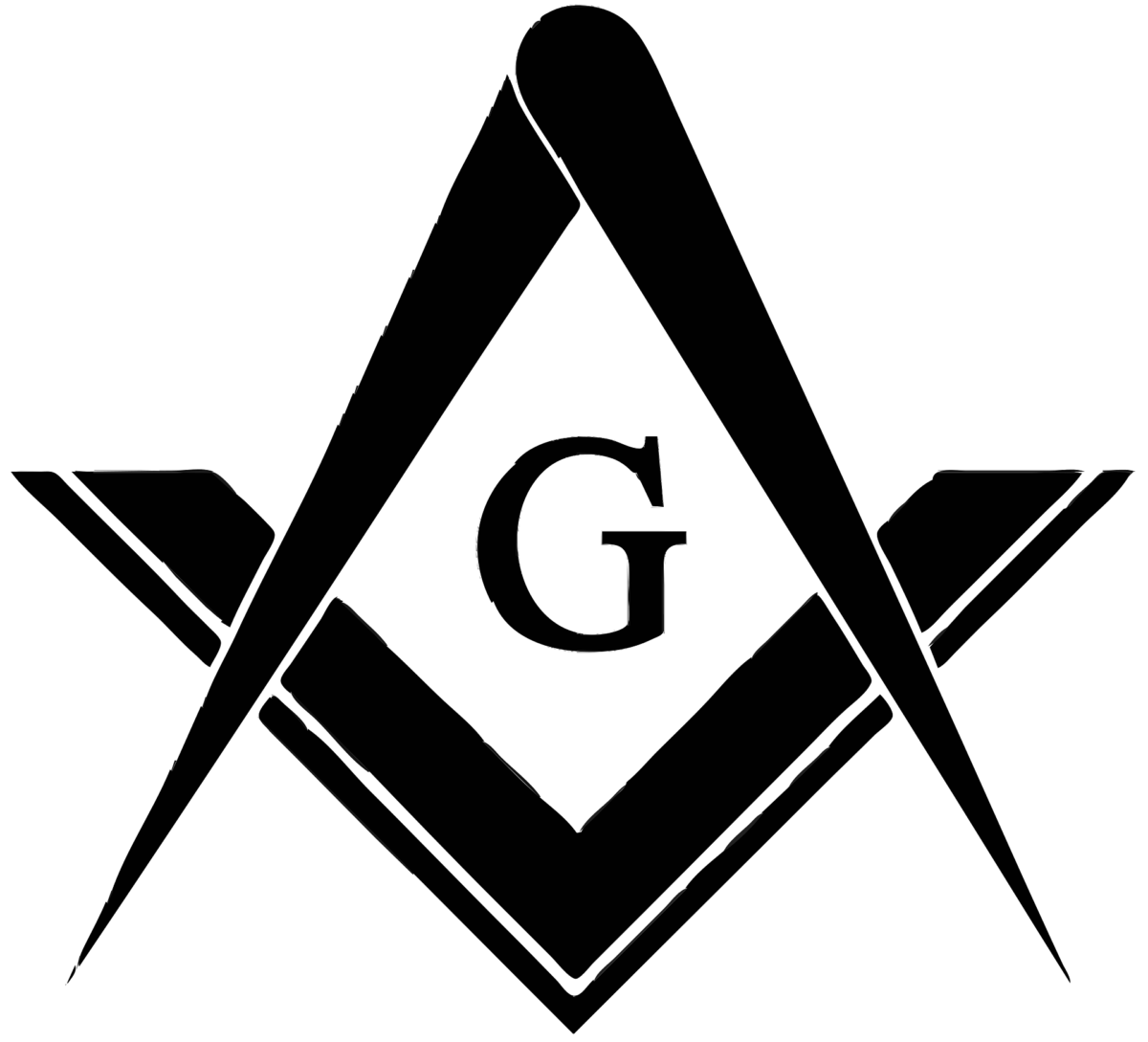Chapter 1: A Vision of Unity
The small town of Salem was abuzz with anticipation. It was the late 18th century, a time when racial discrimination was rampant in America. Despite the hardships faced by African Americans, a visionary by the name of Prince Hall dreamed of creating a haven where his community could thrive. Inspired by the principles of Freemasonry, he sought to establish an organization that would serve as a beacon of hope and empowerment.
Chapter 2: The Genesis of a Brotherhood
Prince Hall’s vision began to take shape as he rallied like-minded individuals in Salem. Together, they laid the foundations of what would later become Prince Hall Freemasonry. They held secret meetings in the basement of a local church, discussing their ideals and plotting a course for the future. Hall’s charisma and determination captivated his fellow brethren, and the seeds of a powerful movement were sown.
Chapter 3: The Trials of Recognition
As the fledgling organization grew, it faced numerous obstacles. The established Freemasonry lodges, predominantly composed of white members, questioned the legitimacy of Prince Hall Freemasonry. Undeterred, Hall and his followers persevered, determined to overcome prejudice and gain recognition for their order. They tirelessly worked towards building their own Masonic lodges, providing an alternative space for African Americans seeking fellowship and self-improvement.
Chapter 4: The Power of Education
Education became a cornerstone of Prince Hall Freemasonry. Recognizing the importance of knowledge and enlightenment, the organization established schools and scholarship programs for African American youth. They believed that education was the key to breaking the chains of oppression and fostering a generation of leaders. Through their dedication to education, Prince Hall Freemasons became influential figures in their communities, inspiring others to strive for greatness.
Chapter 5: Fraternal Bonds and Community Impact
Prince Hall Freemasonry emphasized the power of brotherhood and community service. Lodges became vibrant hubs of activity, hosting charity events, fundraisers, and social gatherings. The organization dedicated itself to uplifting the marginalized and addressing the needs of their community. From supporting local businesses to advocating for equal rights, Prince Hall Freemasons became instrumental in effecting positive change.
Chapter 6: A Legacy Carved in Stone
Prince Hall’s impact transcended his lifetime. His vision grew into a thriving institution, spreading across the nation. The halls of Freemasonry echoed with the stories of individuals who had risen above adversity, their lives forever changed by the principles espoused by Prince Hall. From small-town lodges to grand urban temples, Prince Hall Freemasonry flourished, leaving an indelible mark on African American history.
Mens Freemason Ring

Chapter 7: The Modern Renaissance
The struggles of the civil rights movement in the mid-20th century rekindled the fire of Prince Hall Freemasonry. The organization became a sanctuary for activists, providing a platform to strategize and collaborate. Many influential civil rights leaders were members of Prince Hall lodges, their commitment to justice and equality mirroring the values of the organization. Together, they forged a path towards a brighter future.
Chapter 8: Celebrating Unity
In the present day, Prince Hall Freemasonry continues to thrive, upholding its principles and empowering generations. The organization has expanded globally, connecting individuals across continents in a united brotherhood. The legacy of Prince Hall lives on, inspiring countless individuals to make a difference in their communities and embrace the ideals of equality, knowledge, and compassion.
Epilogue: A Journey Without End
The story of Prince Hall Freemasonry is a testament to the power of determination, resilience, and community. It reminds us that in the face of adversity, individuals can rise above and create spaces of inclusion and progress. Prince Hall’s vision continues to guide
us, reminding us of the enduring legacy of Prince Hall Freemasonry. The organization remains committed to fostering unity, supporting education, and serving the community.
Through the years, Prince Hall Freemasonry has adapted to the changing times while staying true to its core values. The lodges have become more diverse, welcoming individuals from all walks of life who share a common goal of brotherhood and philanthropy. The organization has embraced modern technology, utilizing social media and digital platforms to connect with members and spread their message of empowerment.
Prince Hall Freemasonry has also expanded its philanthropic endeavors. Lodges actively engage in community outreach programs, partnering with local organizations to address social issues such as poverty, education inequality, and healthcare disparities. They provide scholarships, mentorship programs, and resources to uplift disadvantaged youth and empower them to reach their full potential.
Furthermore, Prince Hall Freemasonry continues to advocate for equal rights and social justice. Lodges collaborate with civil rights organizations, participate in peaceful protests, and work towards dismantling systemic barriers that disproportionately affect marginalized communities. They strive to create a society where every individual, regardless of race, can thrive and contribute to the collective good.
The story of Prince Hall Freemasonry is a tapestry of resilience, unity, and progress. It serves as a reminder that even in the face of adversity, a single individual’s vision can ignite a movement that transcends generations. Prince Hall’s legacy lives on in the hearts and minds of those who carry forward the principles of equality, fraternity, and service.
As the final chapter of this story closes, it is important to remember that the journey of Prince Hall Freemasonry is far from over. The organization continues to evolve, embracing new challenges and opportunities. It stands as a testament to the enduring power of unity and the transformative impact that a dedicated group of individuals can have on their communities and the world at large.
And so, the story of Prince Hall Freemasonry inspires us to explore our own potential, to create positive change, and to leave a lasting legacy of compassion and empowerment. As we look to the future, may we all strive to uphold the ideals championed by Prince Hall and the remarkable men and women who followed in his footsteps.

History: World Wars
World Wars I and II were pivotal events in human history, forever altering the course of nations and the lives of countless individuals. These

Bessie Coleman: Breaking Barriers and Soaring High
Bessie Coleman was an African-American aviator who made history as the first black woman to hold a pilot’s license. Her remarkable journey in

Ancient History’s Unsolved Mysteries
Ancient history is filled with fascinating tales of civilizations that have long since vanished. While we have made remarkable discoveries and pieced

Ancient History’s Medical Marvels
The field of medicine has come a long way throughout history, with remarkable advancements that have revolutionized healthcare. While modern medicine

Ancient History and its Civilizations
Ancient history represents the foundation of human civilization, tracing back thousands of years to the earliest known civilizations. These ancient








